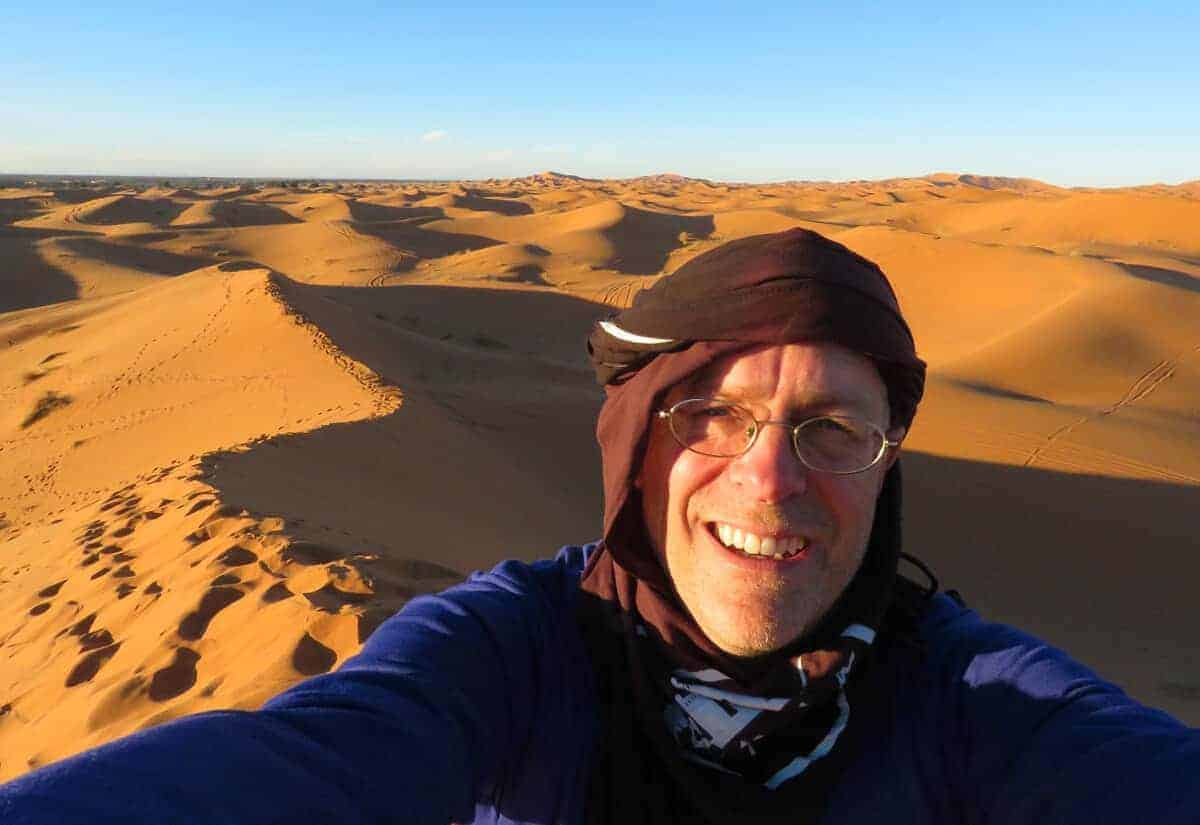
Questioning the need for Travel.
Is travelling frivolous self-indulgence? Is wanderlust a symptom of instability, a condition that requires never-ending stimulus and which, in the end, leads to unquenched desires and a hollow sense of being?
As a diehard traveller I’ve always felt that I was “abnormal”, different from my friends growing up. I’ve often tried to understand that need in me for travel. And I’ll admit I’ve often felt guilty about it. I’ll discuss that later.
But trying to understand my need for travel also makes me curious about the arguments against travel. So when I saw this article in the New Yorker I read it, not just once but a few times trying to understand, hoping maybe it would give me a different perspective on my “condition”.
I’m going to summarize the article the best I can. I’ll then cover all the reasons why travel is not only important to me, but why it’s been the overriding theme of my life.
The Case against Travel
On to the article, entitled “The Case Against Travel”, subtitled “It turns us into the worst version of ourselves while convincing us that we’re at our best”.
The article starts by questioning the need for travel and the argument that travel “lifts us into an enlightened state, educating us about the world and connecting us to its denizens”. It pokes further: “Travel gets branded as an achievement: see interesting places, have interesting experiences, become interesting people. Is that what it really is?”
She cites philosophers who believe that travel “far from putting us in touch with humanity, divorced us from it. Travel turns us into the worst version of ourselves while convincing us that we’re at our best. Call this the traveller’s delusion”.
She talks about how tourists travel to experience a change. She has an example of one of her own experiences where she went to Abu Dhabi and took a guided tour of a falcon hospital. She admits that she had no interest in falcons but she was in Abu Dhabi and “What does one do in Abu Dhabi?” So she went on the falcon tour. Her conclusion from that experience was “If you are going to see something you neither value nor aspire to value, you are not doing much of anything besides locomoting”.
“Locomotion” is a word used throughout, the writer’s meaning of that seemingly being “walking and moving but with no particular purpose”.
“When you travel, you suspend your usual standards for what counts as a valuable use of time. You suspend other standards as well, unwilling to be constrained by your taste in food, art, or recreational activities. After all, you say to yourself, the whole point of travelling is to break out of the confines of everyday life. But, if you usually avoid museums, and suddenly seek them out for the purpose of experiencing a change, what are you going to make of the paintings?”
In other words, travel is a waste of time.
Travelling is self-undermining, ie. doomed to fall below expectations because travelling sets an impossibly high bar based on photos or readings of experiences. And travellers are “differential”, seeking validation for their experiences “He outsources the vindication of his experiences to the ethnologist, to postcards, to conventional wisdom about what you are or are not supposed to do in a place. This deference, this “openness to experience,” is exactly what renders the tourist incapable of experience”.
On top of that, travellers “can’t truly connect with other human beings”. The author cites her own example of going to Paris, studying the people “trying to see the Frenchness in the French people around me. This is not a way to make friends”.
In the next paragraph, she states that travel has a “dehumanizing effect”, thrusting a person among people to whom he/she is forced to relate as a spectator. According to the article, travel makes you see people in the abstract “Travel prevents us from feeling the presence of those we have travelled such great distances to be near”.
“Does travel change you? Has it deepened your values, expanded your horizons, rendered you a true citizen of the globe?” The author says no…and that travellers can’t objectively asses that because they delude themselves. She, relying on the expert opinion of philosophers, tells you that travel is not transformative.
The authors conclusion is that “travel is fun, so it is not mysterious that we like it. What is mysterious is why we imbue it with a vast significance, an aura of virtue. If a vacation is merely the pursuit of unchanging change, an embrace of nothing, why insist on its meaning?”
If that’s not enough, she goes on to say that we place an importance to travel because it breaks up the tediousness of life, something we don’t want to accept.
“You don’t like to think about the fact that someday you will do nothing and be nobody. You will only allow yourself to preview this experience when you can disguise it in a narrative about how you are doing many exciting and edifying things: you are experiencing, you are connecting, you are being transformed, and you have the trinkets and photos to prove it.
Socrates said that philosophy is a preparation for death. For everyone else, there’s travel.”
Yikes!
Reading this article over and over again I realize that the author is not someone who would ever really understand a diehard traveller. A parallel would be me writing about how owning a fancy car is frivolous. I had friends growing up who only dreamed of having a Trans Am or an Audi. It was their life mission. I never cared about owning a car, I dreamt of travel. People are very different in their wants and needs. I just think maybe the author considers travel as frivolous as I consider owning a fancy car. So maybe she’s not the best suited person to write an article about travel and travellers?
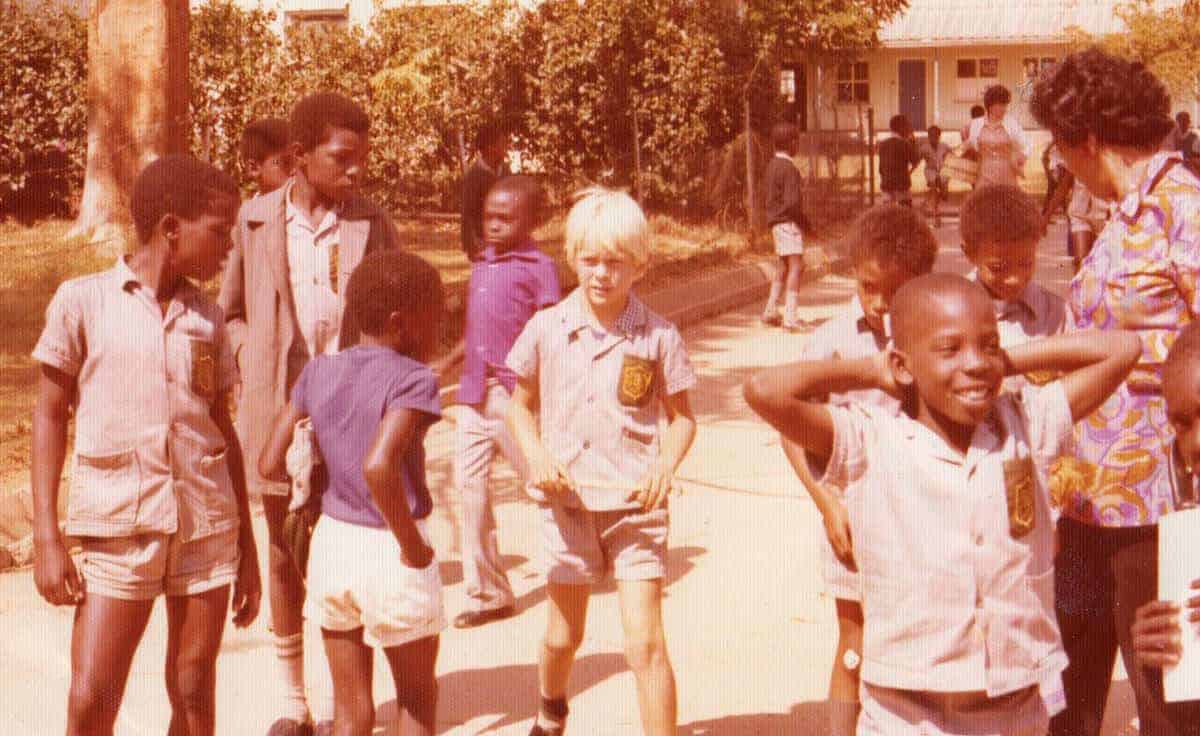
My life always revolved around travel.
When I was 9 my parents decided to leave Quebec to live/work in Africa (at my mother’s insistence. She was always the unsettled one who needed change and adventure). I wasn’t happy leaving all my friends behind. We lived for two years in Zambia, it’s where I learned English. We visited Victoria Falls, camped on Lake Malawi, and went on numerous safaris.
Zambia didn’t work out for my parents and I left the country with my mother. We settled in Vancouver where we lived for a few years. When I was 13, we hitchhiked across the country to Ottawa, getting rides from truckers and sleeping in apple orchards. I spent my childhood years in Ottawa but we always took holidays: the Florida keys, Morocco, Spain.
At 19 I went to University in Montreal and my mother (who had progressed from being a secretary to Financial Controller for a Non-Profit specializing in International Aid) travelled around Africa and Asia for her work. She ended up being based a few years in Harare (Zimbabwe) and on my Christmas vacations I would go to Africa and we would spend a few weeks exploring Zimbabwe and Zambia.
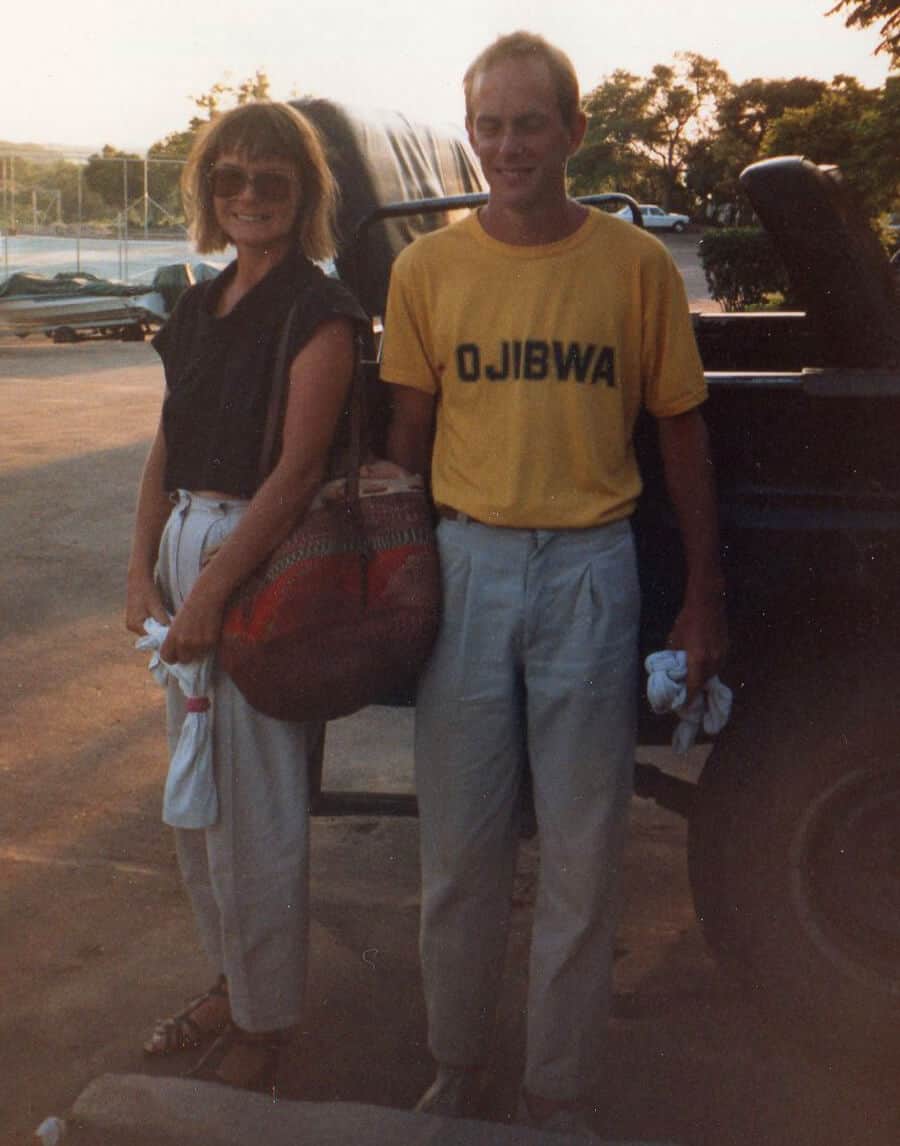
My 20’s and 30’s were spent studying/working. I got lucky and had a good career in International shipping/Grain export. While I liked my job and the people I work with, for me it was a means to an end: I knew that I wanted to travel and, if possible, work overseas. I didn’t find stimulus in everyday life. The highlight of my year would be the trips I took: a solo trip around the Dominican Republic, a month in Colombia, meeting up with my mother in Lake Toba.
In my late 30’s I met Lissette who also loved travel. Like me, she didn’t feel grounded to a place and was open to travel. Again, the highlight of our lives were our trips and we would take a month off every year to go somewhere exotic: Thailand, Brazil, Europe, Colombia.
In my early 40’s I got in a fight with a new boss and got fired/quit. I was officially retired. It ended up being a reason to leave Montreal to the life of travel that I had always dreamed of.
We left Canada in 2014, travelling full-time around the world for 6 years. We took a break midway through those 6 years to live 18 months in Croatia. In 2020, in our early 50’s, we decided to live in Spain and work towards Permanent Residency. We honestly didn’t want to give up our lives of full-time travel but we had always set a goal of getting permanent residency somewhere in Europe before we hit 60; we know at some point we’ll have to settle down.
Later this year we’ll have our Permanent Residency in Spain. The minute that happens we’ll be travelling full-time again. The last 5 years have felt like an eternity.
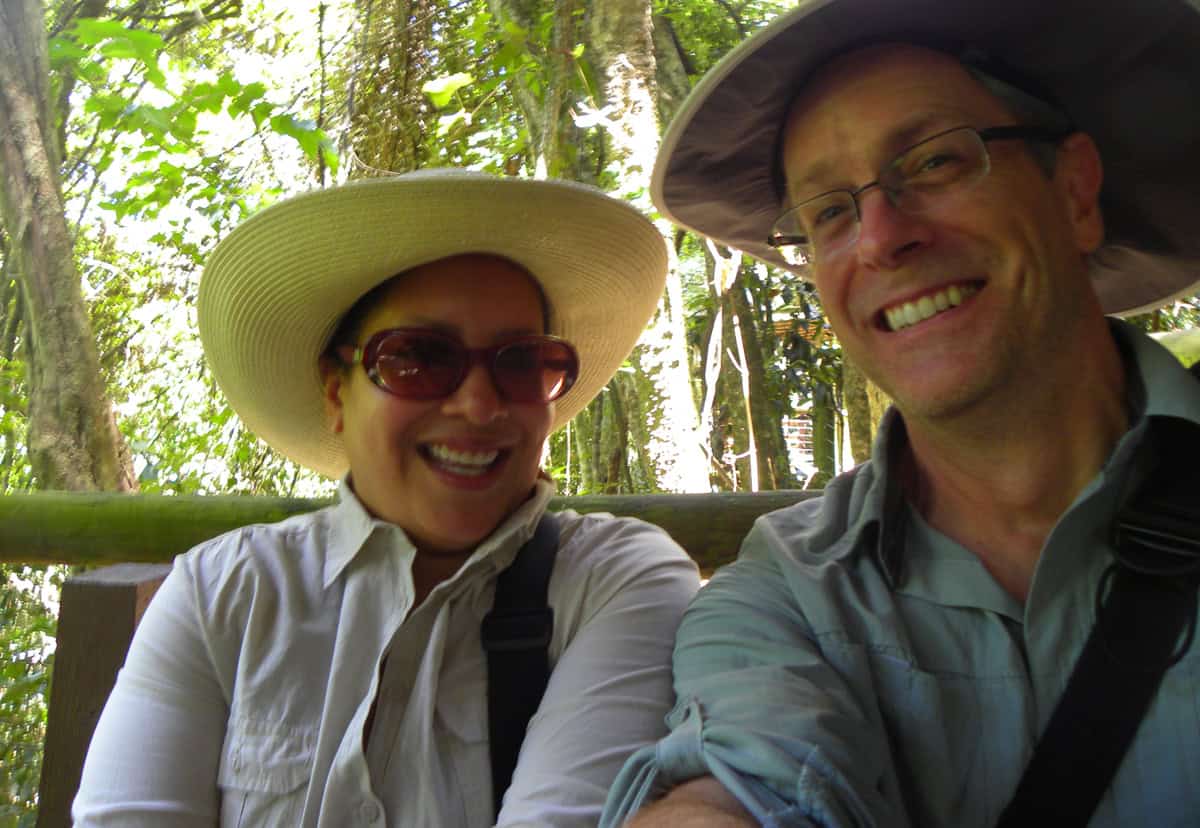
As I said up top, I sometimes feel a twinge of guilt and shame having so much of my pleasures being tied to travel. I sometimes equate it to someone with a porn or gambling addiction. It makes me wonder why am I the way I am.
Why can’t I be normal like my friends, just being satisfied with that one yearly trip to Europe or to an all-inclusive in the Caribbean? I think of the things I’ve given up: a permanent home, friends, a good paying job that I may have kept if I had grovelled a bit. Maybe I would eventually have convinced myself that I wanted a fancy car.
I know I wouldn’t change anything now even if I could. But it makes me question why I turned out the way I did…is it nature or nurture?
Reasons to travel
So what is it about travel that makes it so addictive?
People have their own reasons but I’ll tell you mine.
Personal challenge. My first real solo trip was spending a month in the Dominican Republic, getting around the country by bus and motorcycle. It’s not what most people do and I knew that…but I wanted an adventure. My Spanish was terrible at the time but I met people, saw tons of beauty, had some incredible adventures. But the personal challenge aspect of travel is always something that I find exciting. That was especially true in my early years when I found working life so boring and predictable (my 2nd solo trip was a month of Colombia, another place I fell in love with).
When I was young I wasn’t so self-confident. More than anything, even work, travel made me gain confidence.
Excitement of seeing something new and being in a different atmosphere. This is somewhat related to the first – seeing a “new” place, maybe off the beaten path, always stimulates me. I could go to Paris but somewhere down deep there’s a reason I haven’t been there in over 40 years and that is maybe because I don’t perceive it as “new” and “different”. It’s the “new” and “different” that’s addictive…it’ll eventually get “old” and “same same” but when it’s fresh it’s addictive.
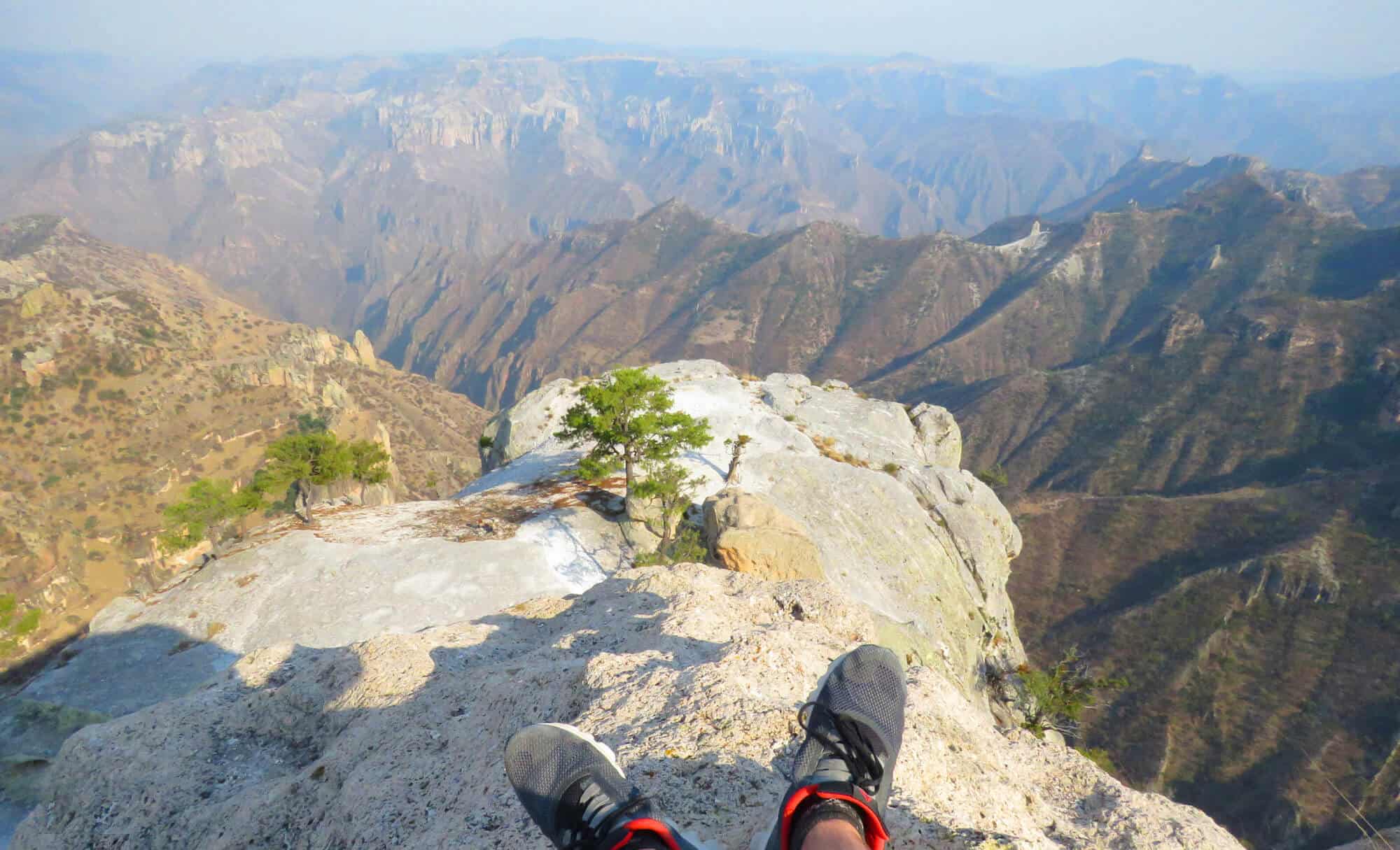
The Freedom. I’ve previously written a post about the freedom that comes with being a nomad. In the post I write about having an apartment in Spain and feeling trapped. When we travelled full-time we were free to go (almost) anywhere on a whim without obligations; not having to pay double rent, having plants to water, belongings to care for. We didn’t worry about bureaucracy except for filing our taxes back in Canada and having to ensure that our medical insurance was up to date. We love that freedom.
Broadening horizons, meeting people. One of the things mentioned in the article up above was about not connecting with people. I don’t understand that. The way we’ve travelled, we’ve met lots of people, most of them locals. And when you spend significant time in a country, part of you does bond with it. For example, we spent 6 months in Ukraine where we met so many people we felt a kinship with. When Russia invaded in 2022 we were heartbroken. It affected us deeply.
In my opinion, travel breaks down boundaries and opens your mind to different people. Before travelling somewhere, those places are just names and places on a map. Travel brings them to life.
Meeting other travellers. I’ve mentioned that we often feel that we are different than most people we know. We’ve met people on our trips, other travellers, who we really connected with. They’re the same kind of people we are*.
*The downside is that most of the experiences are fleeting. You’re both going places and maybe your paths cross for a few days or weeks. After that chances are you won’t see them again.
History. One of the things I’ve realized about myself over the years of travelling is that I’ve become more interested in history. Part of that is that the more places you’ve been, the more you see history intertwining. In Austria I learned about Emperor Franz Joseph, in Mexico City I visited Chapultepec Castle where Maximilian I (Franz Joseph’s brother) ruled Mexico in the late 1800’s. Franz Joseph’s nephew Franz Ferdinand was assassinated in Sarajevo (a place we’ve been to several times) in 1917 precipitating World War I.
Travel makes history more relatable and more interesting.
Unlike the author, I do think travel is transformative. I think travel makes us all grow, learn, and have a more open view of the world.
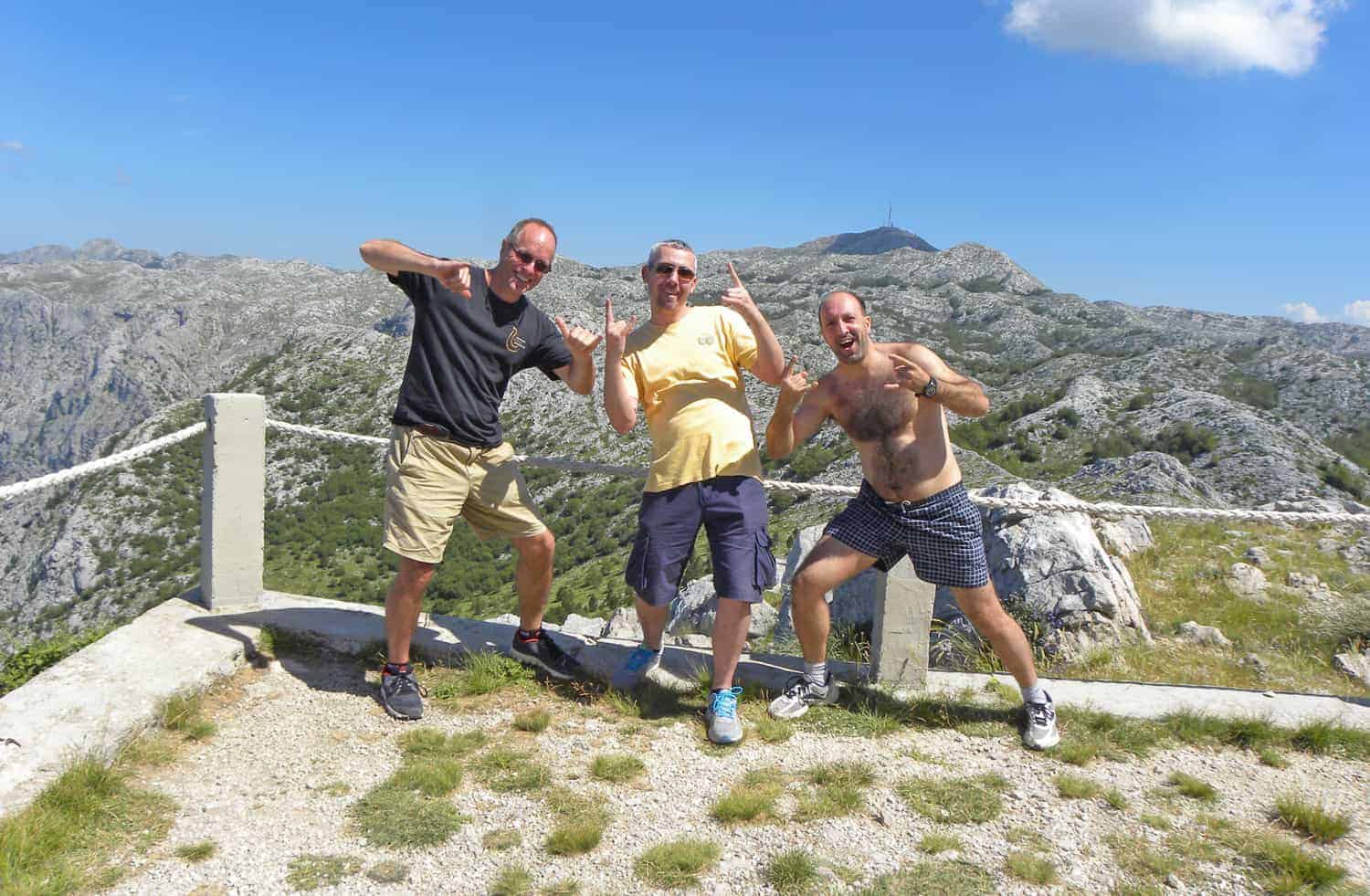
My Rebuttal to “The Case against Travel”
There are so many things I disagree with in that article. But again, the author isn’t a traveller and doesn’t “get it”. Unless you’re me or another traveller who has travel in their blood chances are that you won’t get it.
But my biggest issue is the quote from the article which I included up above: “One common argument for travel is that it lifts us into an enlightened state, educating us about the world and connecting us to its denizens”. The author poo poos the argument, advocating that travel results in exactly the opposite.
I’m in total disagreement with that. I know that “Globalisation” is increasingly a dirty word these days but I equate it to the best days of humanity. Globalisation fostered cultural exchanges, made different people work together, and resulted in people being more educated and tolerant to differences in race, religion and culture. If you don’t agree, think back to your grandparents’ view of the world back in the days prior to the globalisation brought about by travel. The world has come a long way since then.
In my opinion, both collectively and personally, the world is a much better place just because of travel.
Related: 9 pieces of Advice for those thinking of living a Nomadic Lifestyle
Related: Regrets of living a Nomadic life


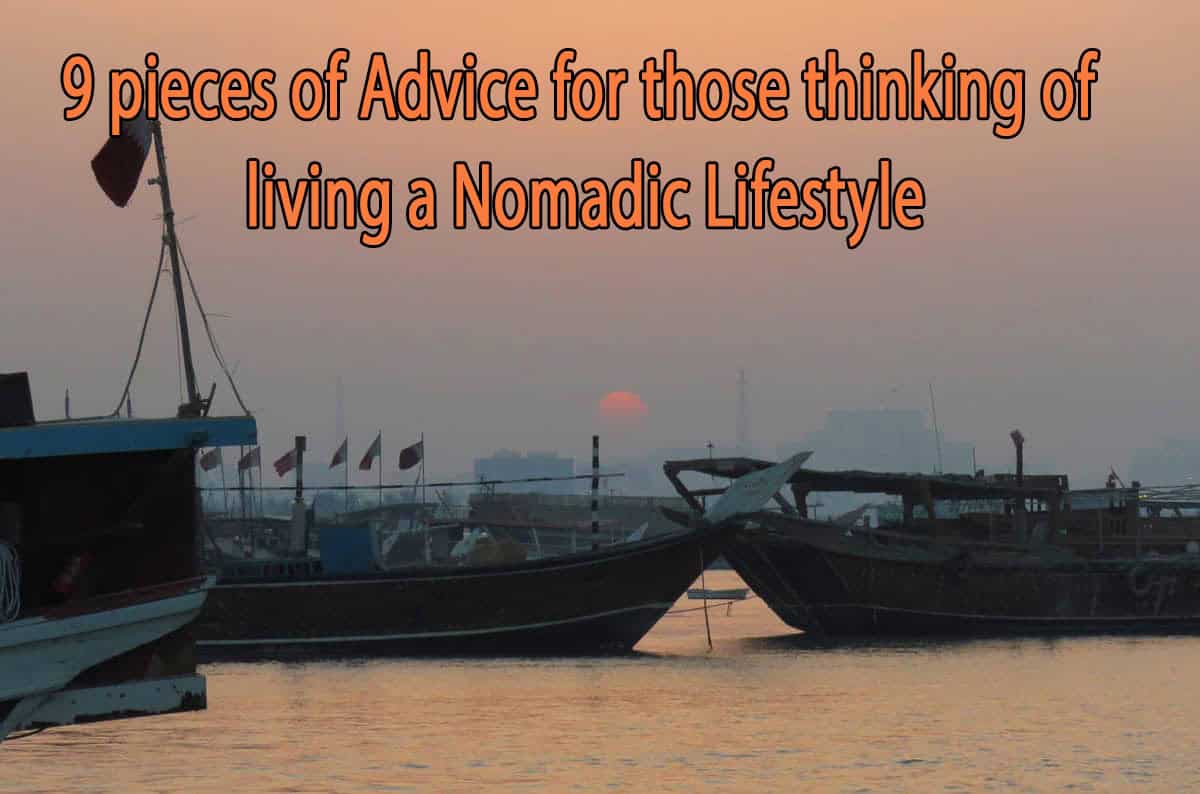
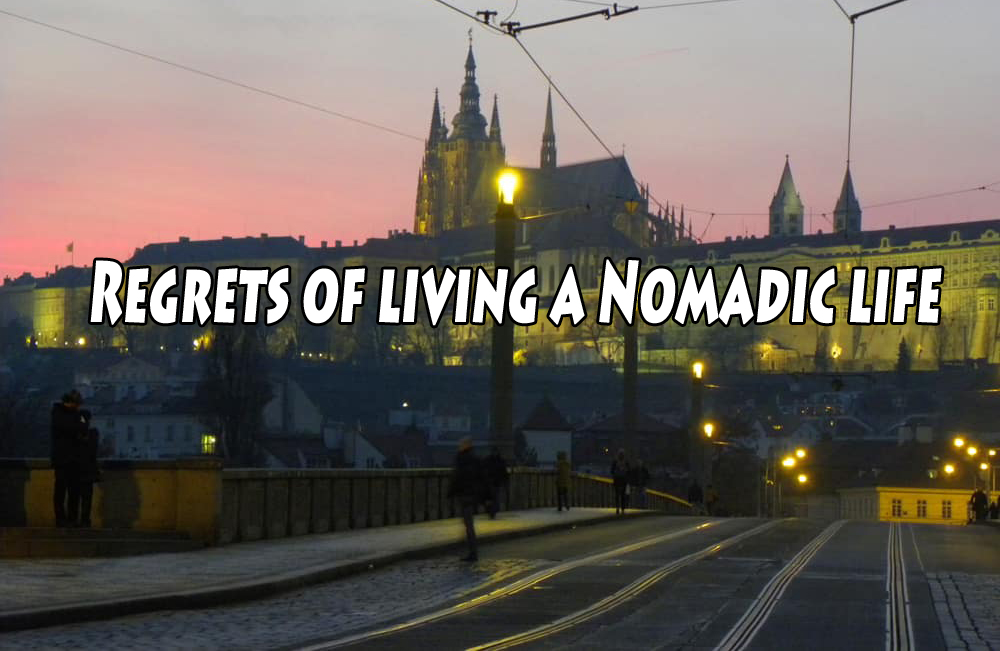
I agree with you. Some people want branded clothes, some want to travel. We are all different and have different perspective on travel. I know I am a better person because of my travels.
I was born with the same travel lust. I always wondered why and where the strong thirst for it comes from. My easy answer is it’s in my DNA, as both sides of ancestors were world explorers and migrants. But I get high from travel and I’m most at home when I’m on the road! Some have it and some will never understand. Thanks for writing this as it’s nice to see others who share the same wanderlust that brings so much joy.
Thanks Laura. My mom was the same, her father travelled around the world when he was young…he died before she was born but she got the same wanderlust. So DNA does make sense although I wonder if my condition was that or through just travelling as a kid. I know when I was young I was actually angry being taken away from my home town to live in Africa.
I couldn’t agree with you more. You offered a good rebuttal to an author who totally misunderstands the benefits of travel. I’m approaching four years of travel with nothing but a backpack and computer. I wouldn’t want it any other way. I’ve had the same experiences you’ve had and wouldn’t trade them for anything. Thanks for sharing your comments.
Thank you for the comment Warren, I appreciate the feedback. Happy travels!